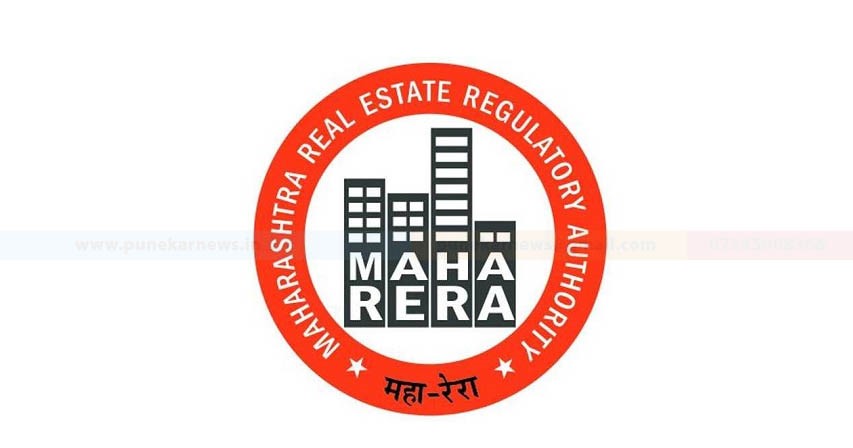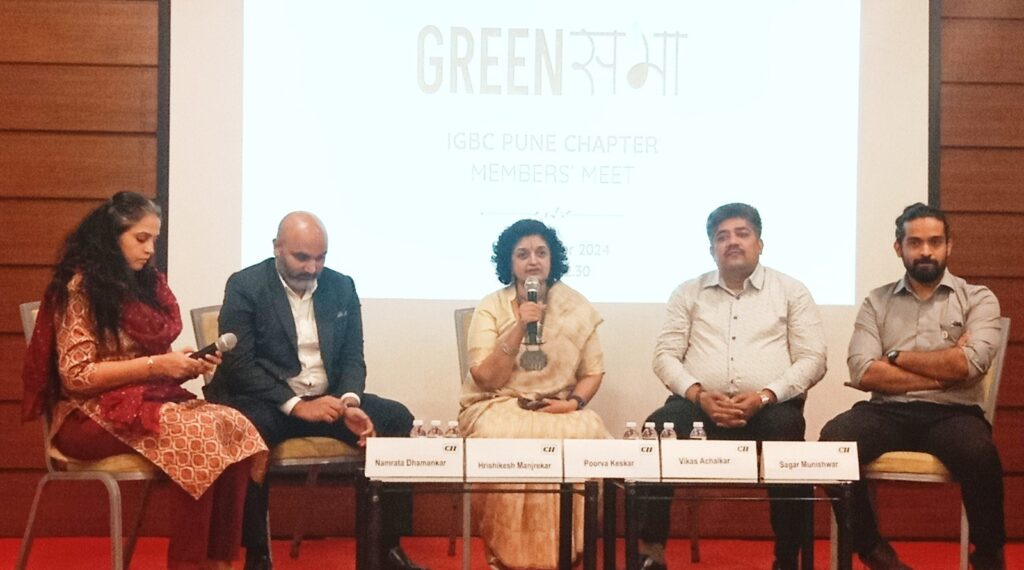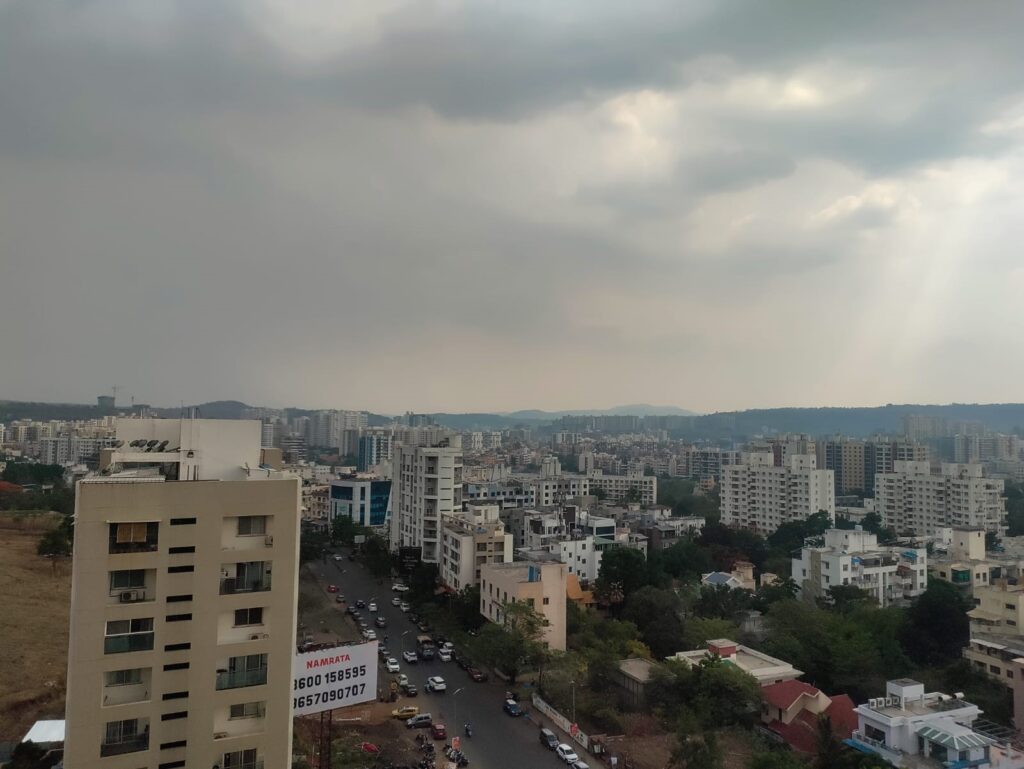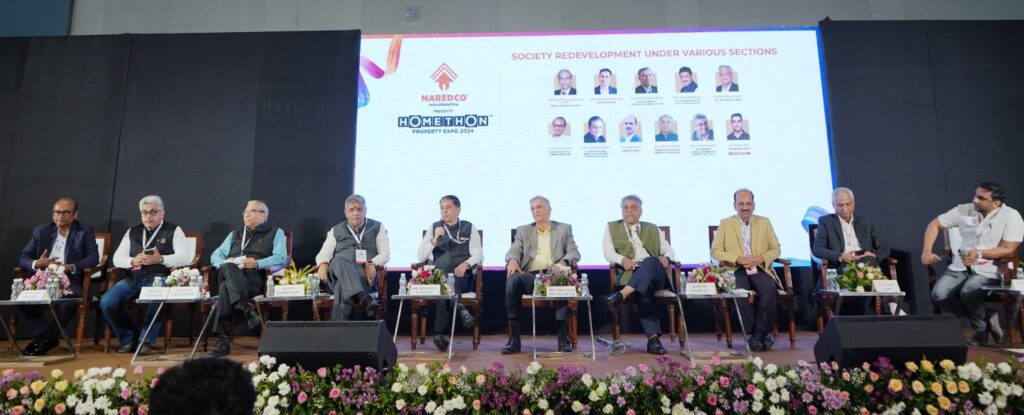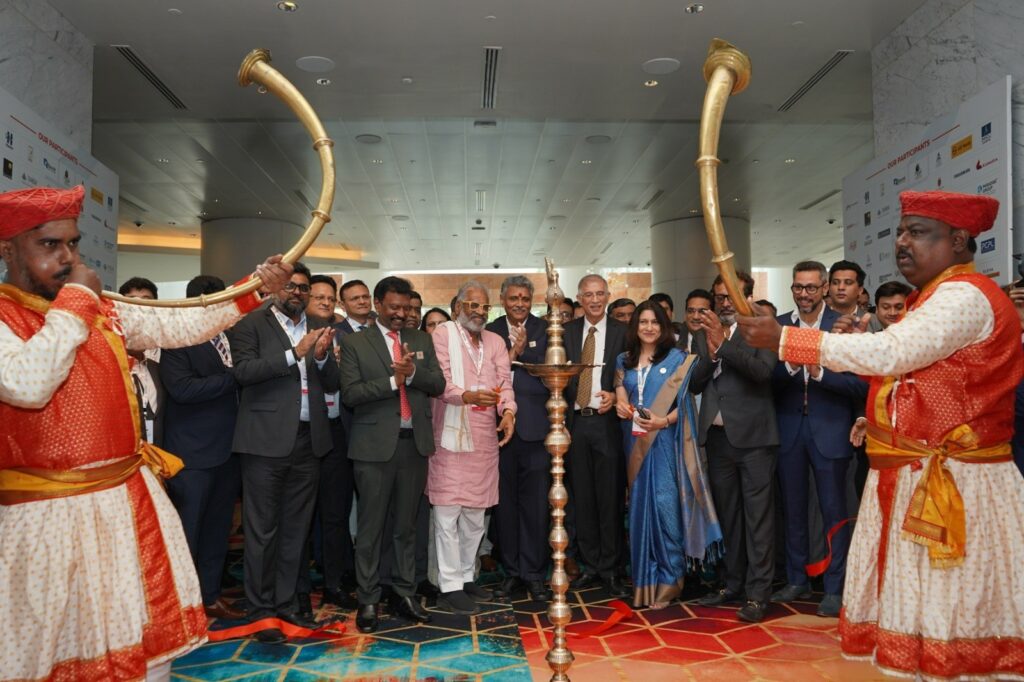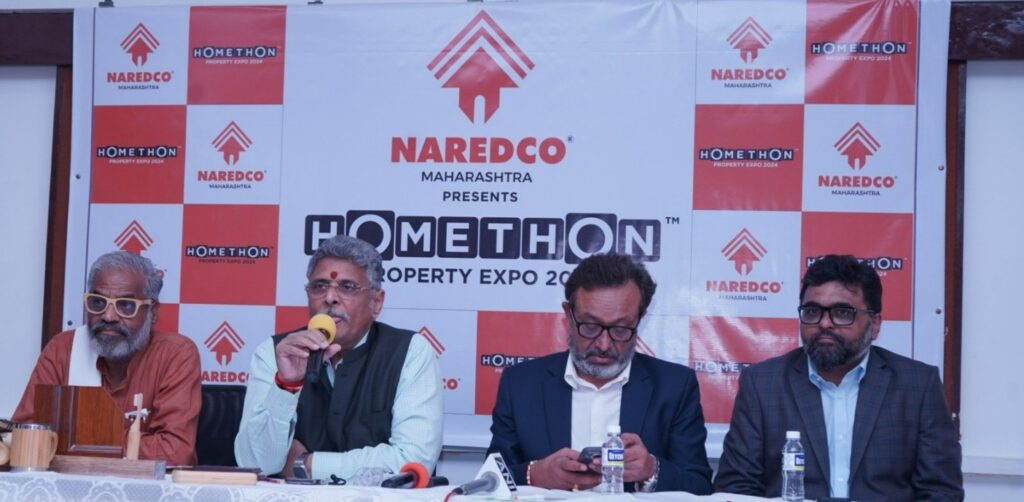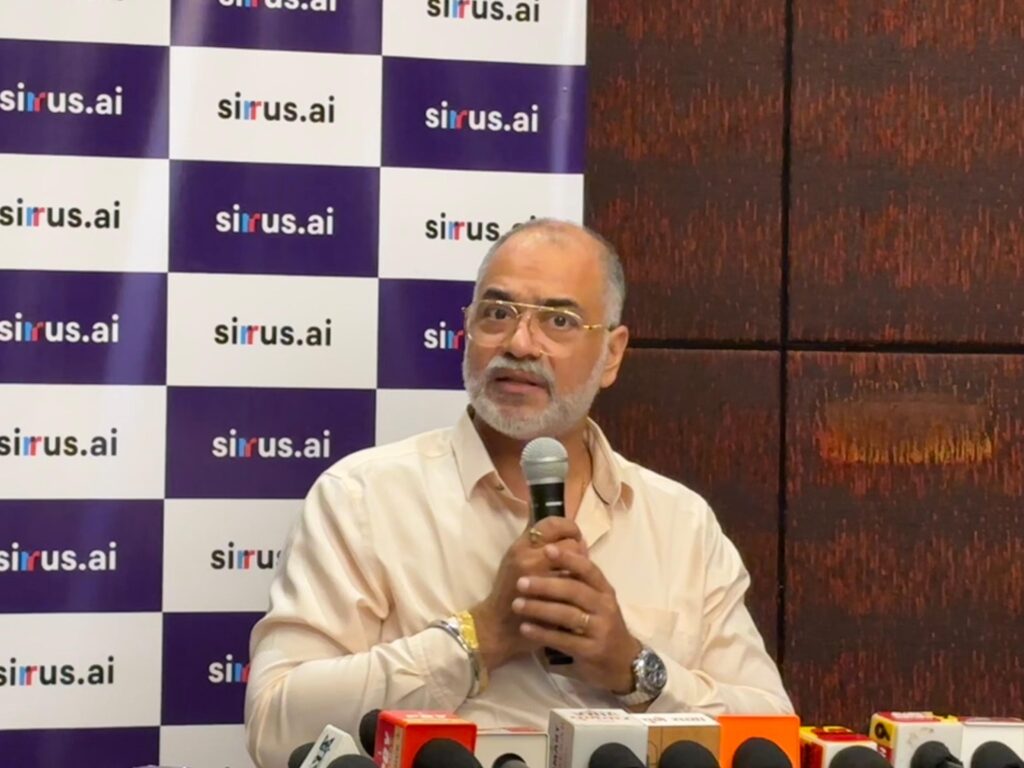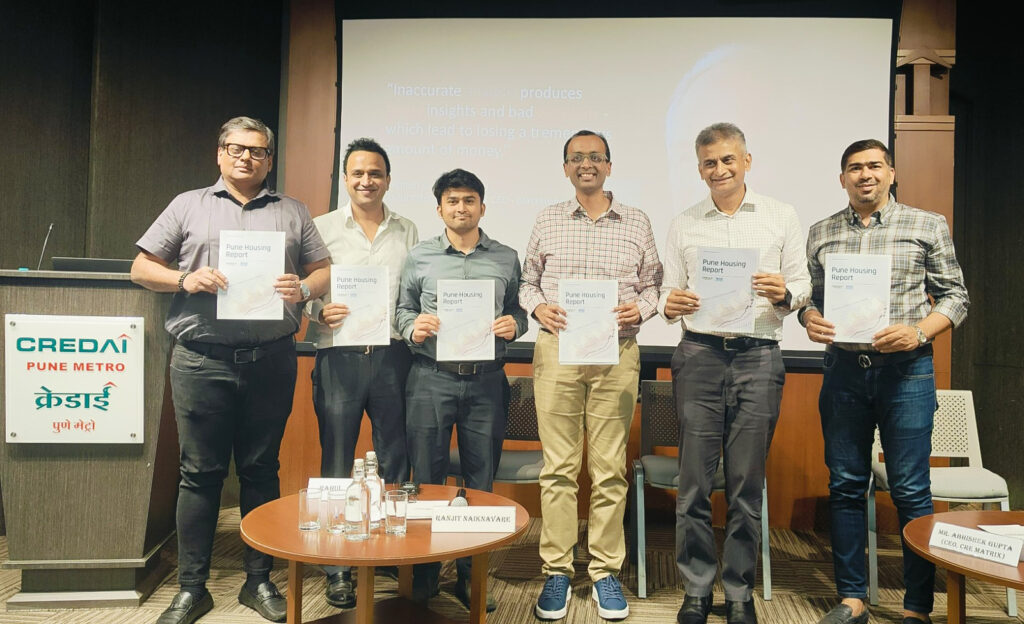MahaRERA’s Conciliation Forums Resolve 1,749 Homebuyer Grievances Across Maharashtra
Mumbai, 21st October 2024 The Maharashtra Real Estate Regulatory Authority (MahaRERA) has made significant strides in resolving homebuyers’ grievances through its Conciliation Forums, successfully addressing 1,749 complaints statewide. These forums were established with the aim of providing prompt resolutions for homebuyers facing issues with developers. The growing trust in these forums is evident as MahaRERA upholds their decisions, leading to a rise in their popularity. Currently, there are 533 active grievances being heard at 52 Conciliation Forums across Maharashtra. MahaRERA Chairman Manoj Saunik emphasized the authority’s commitment to addressing various complaints from homebuyers. He explained that during the initial hearing, homebuyers are given the option to pursue an amicable resolution through the Conciliation Forum, contingent upon mutual agreement between the involved parties. If both parties consent, disputes can typically be resolved within 60 days, extending to 90 days in exceptional cases. Should a stalemate occur, the complainant can always return to MahaRERA, preserving their rights and the merits of their case. Out of a total of 5,958 cases processed so far, 1,749 have reached successful settlements, benefiting 32.36% of homebuyers by providing timely justice. Given the success of this initiative, several other states, including Gujarat, Uttar Pradesh, Haryana, Bihar, Madhya Pradesh, Rajasthan, and Telangana, have established their own Conciliation Forums. Additional states are in discussions with MahaRERA to learn more about this effective model. Originally limited to the Mumbai and Pune regions, the Conciliation Forums have expanded due to their popularity, now including operations in Nashik, Nagpur, Thane, Kalyan, Navi Mumbai, Palghar, Raigad, Vasai, and Mira Road. To date, the Mumbai Conciliation Forum has resolved 562 complaints, followed by Pune with 530, Thane with 201, Navi Mumbai with 169, Palghar with 105, Kalyan with 73, Vasai with 71, Nagpur with 13, Mira Road with 9, and Raigad and Nashik with 8 each. MahaRERA conducts regular hearings upon receiving complaints from homebuyers. At the initial hearing, complainants are given the choice to resolve their issues through the Conciliation Forum, ensuring that all rights are maintained. Their cases are only referred to the forum with their consent. Notably, no MahaRERA officials participate directly in the Conciliation Forums. Instead, these forums comprise representatives from consumer organizations, several self-regulatory bodies of developers, and the complainants. Currently, three out of six self-regulatory organizations are involved in this initiative, with efforts to include the remaining organizations underway. Representatives from these bodies, who are well-versed in their fields, guide the process, and homebuyers may also enlist legal assistance if desired. Hearings are conducted in an audio-visual format, and a Core Committee has been established by MahaRERA to supervise these forums, along with regular workshops conducted by legal experts to enhance the members’ knowledge. The Conciliation Forums are mandated to resolve issues within 60 days, or 90 days in exceptional circumstances. Resolutions are only achieved when both the complainant and the respondent agree to the settlement terms. Once agreed upon, the Conciliation Success Report is submitted to MahaRERA for formal approval, ensuring all parties’ consent remains intact. If settlement terms are not fulfilled, the complainant can revert to MahaRERA, as the original complaint remains valid, and the case will be heard based on its merits. Thanks to this homebuyer-focused approach, the Conciliation Forums continue to gain traction, particularly among flat purchasers seeking resolution.
MahaRERA’s Conciliation Forums Resolve 1,749 Homebuyer Grievances Across Maharashtra Read More »




